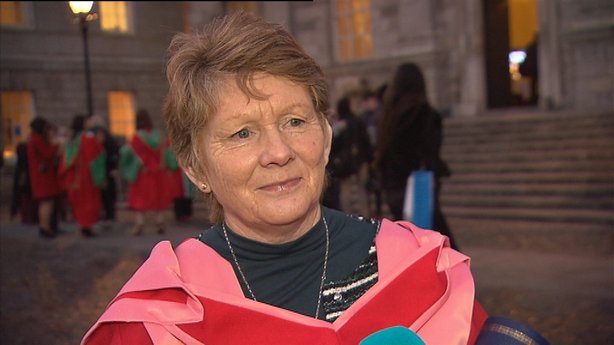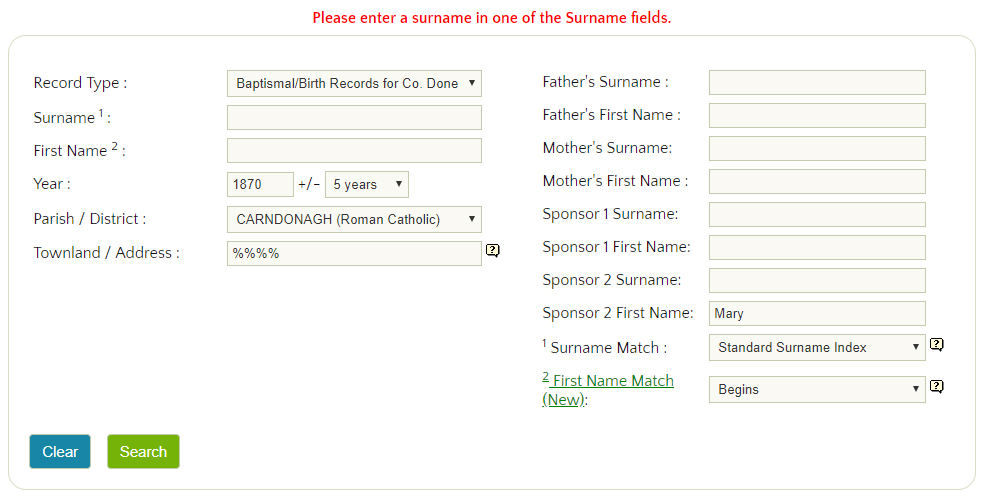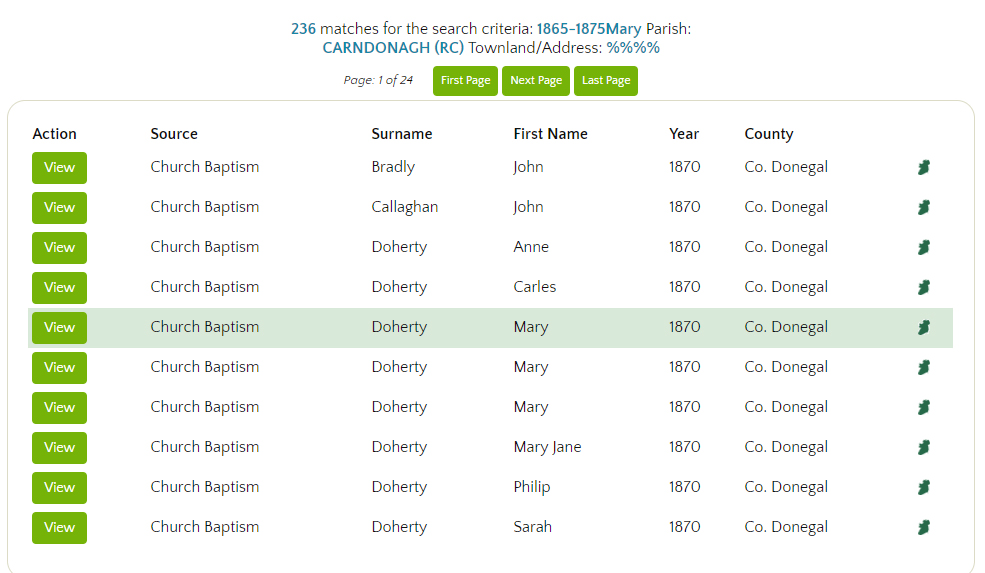Since I first borrowed A for Andromeda from Castlerea public library in 1964, I’ve been a regular reader of science fiction. It provides escape and reassurance in equal measure, distorting the present in safe but stimulating ways, projecting well-worn history onto future landscapes. Space opera, á la Star Trek, is especially good at this.
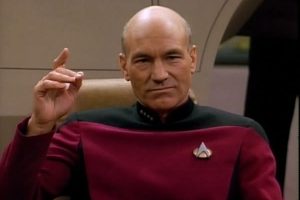
But one aspect of genealogy has made it increasingly difficult for me to suspend the disbelief needed to keep space opera readable. As DNA studies expand knowledge of our deep ancestry, it has become crystal clear how interrelated we all are. And by “we” I don’t just mean human beings. We’re descended from the same original microbe as every living thing on earth. Those trees are your umpteenth cousins, umpteen times removed. The bacteria in your intestines helping to digest your food are more distant maybe, but still part of the family, still harking back to gtn-gt-granddaddy, the Methesulah microbe.
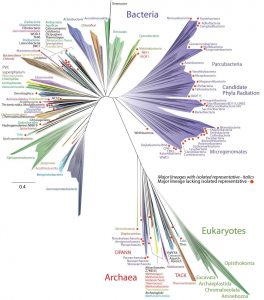
The point is that we’re not just related, our existences are utterly intertwined. We have spent 2.8 billion years co-evolving, depending on the peculiar seasonality of this planet, on the slow accumulation of soil, knotting ever-deeper symbiotic links between living things.

Human dependence on Earth is total. Our immune systems, our brains, our muscles all rely for their day-to-day existence on the intermeshed family trees that comprise life on the planet. To think about extracting one element of this whole, human beings, and throwing them through space to other planets is utterly absurd. It makes as much sense as sending a steak and kidney pie to the moon and expecting it to set up a colony.
That’s why I can’t watch Captain Picard any more. And that’s why your descendants won’t be researching you from their home on Proxima Centauri B.

